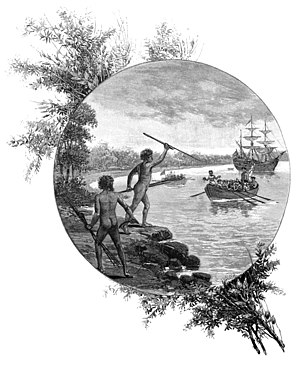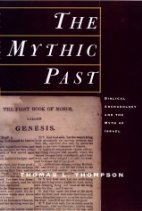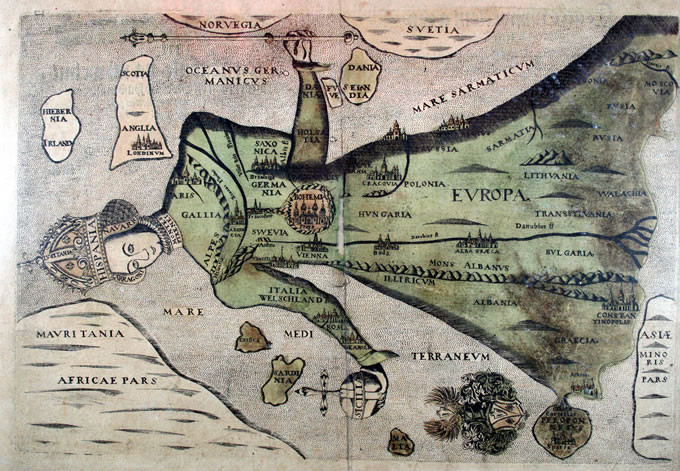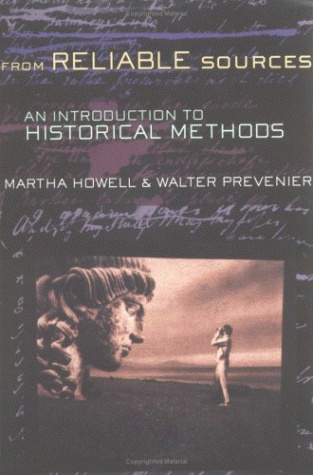I am expressing the impressions of an outsider, a layman, who has read more than an average layperson has read of biblical scholarly literature. One paradox that struck me very early on in my reading was something I would never dream of finding in any other reputable scholarly discipline.
There are biblical scholars who write entirely from a secular, rationalist, naturalist viewpoint. They appear to restrict their discussions to colleagues of a like-minded predisposition.
There are biblical scholars who include in their scholarly output expressions that lend some level of credence to the miraculous and divine intervention. That may take the form of anything from arguing outright for a miraculous event (as N. T. Wright does) to accepting the theoretical possibility or remote mathematical probability (e.g. Ehrman) of a miraculous event. The less mathematically or logically gifted among these simply say that they will allow for an “unknown” or “unexplained/inexplicable” event.
Then there are scholars who express no such sentiment themselves but nonetheless engage in serious scholarly discussion with those who do.
In what other discipline do either the second or third category of scholars exist? If they are known to exist, I would be interested to know also the scholarly impact such scholars have in their field.
Is not arguing for the mere possibility of the miraculous (even if at reduced probability ratios) in any serious post Enlightenment, rationalist area of study deserving of immediate censure? In other fields what room is there for a scholar whose hypotheses are stretched to include the possibility of the supernatural?
Why let the threat of “You have an anti-supernaturalistic bias” worry anyone? Of course it’s good to have an anti-supernaturalistic bias. That’s the bias that got us out of the Dark Ages or superstition and ignorance!
How can any serious rationalist flirt with probabilities (theoretical or mathematical) of miracles? The probability of a resurrection may be set at so many billion to one. Why? Why play the supernaturalists’ game? There is no more probability of a resurrection than there is of Hubble finding a teacup and saucer orbiting Saturn or of my mentally ill friend being possessed by a demon. Doctors may give a patient certain odds of recovery. They don’t (I hope) give odds that a client may have a supernatural cause of a disease.
There are certain things that sit outside the realm of probability. Probability only makes sense within the laws and experience of what is probable. Probability is ascertained by extrapolations from facts of experience. That excludes outright the probability that there really exists a pixie under a toadstool in your back yard.
But this nonsense is encouraged by scholars who accept the works of colleagues who peddle such pseudo-scholarly gobbledygook. Here is a pertinent few words from Niels Peter Lemche that I like. I have bolded some of the text. Fuller quotations and a link to their source can be found here.
Now days, biblical scholarship is dominated by American scholars, presenting a much more colorful picture. Historical-critical scholarship has no monopoly like it used to have in Europe; academic institutions may be – according to European standards – critical or conservative, but in contrast to the European tradition, these very different institutions will communicate, thus lending respectability also to the conservative position.
This definitely represents a danger to biblical scholarship as an academic discipline in the European tradition. Entertaining a dialogue with an opponent who has different goals from the ones of the critical scholar means the same as diluting one’s own position: in the universe of the critical scholar, there can be no other goal than the pursuit of scholarship – irrespective of where his investigations may lead him or her.
Can anyone truly be so naive as to think that a scholar who believes Jesus is alive today or who is prepared to accept the possibility of miracles in his or her heart (though poorly “hiding” behind statements like “something unknown” happened to explain the Easter experience) has the same ultimate goals as a secularist or naturalist “critical scholar”? Is the former ever seriously likely to question their fundamental assumptions or hypotheses if it means jettisoning completely all attachments to the supernatural?
Like this:
Like Loading...
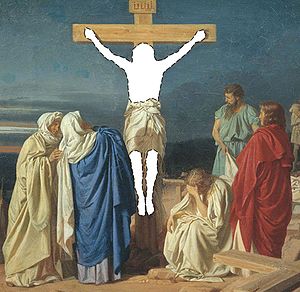 Joel Watts, now a master of theological studies, has posted The Schizophrenia of Jesus Mythicists. Since I am always on the lookout for serious arguments addressing the Christ myth argument I had hoped that, despite a title imputing mental illness to those who argue Jesus was a myth, I would find engagement with a mythicist argument. But, sadly, no.
Joel Watts, now a master of theological studies, has posted The Schizophrenia of Jesus Mythicists. Since I am always on the lookout for serious arguments addressing the Christ myth argument I had hoped that, despite a title imputing mental illness to those who argue Jesus was a myth, I would find engagement with a mythicist argument. But, sadly, no.
